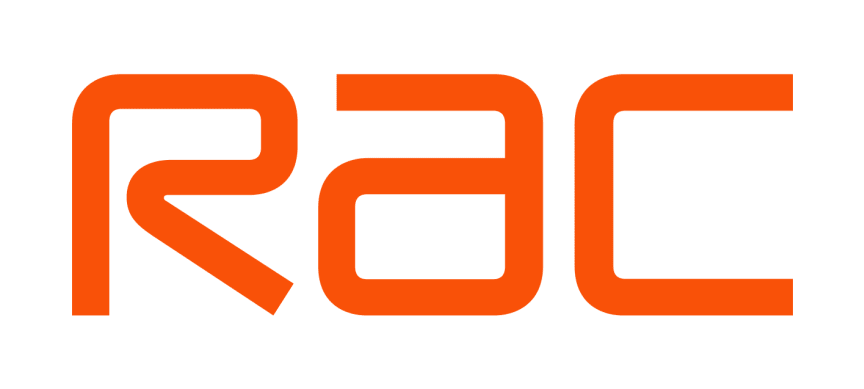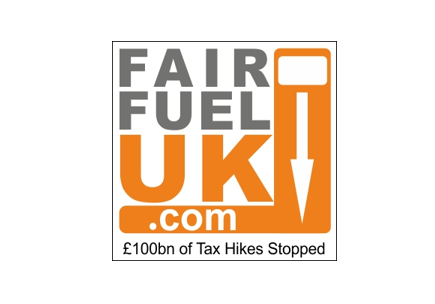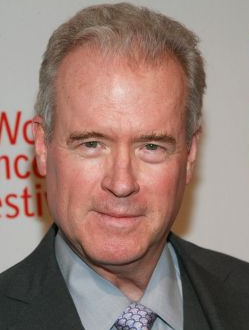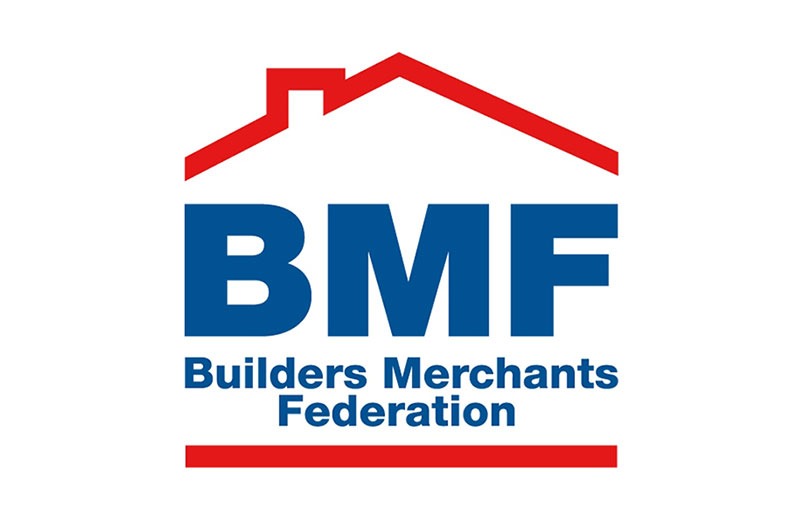The RAC
Category: Motoring Organisation
The RAC is a motoring services company providing roadside assistance and insurance coverage, with more than 8 million members according to its website.
The RAC has been supportive of electric vehicles but has questioned the feasibility of the government’s proposed ban on new petrol and diesel cars by 2040 at the latest. It has also promoted plug-in hybrids as a “perfect stepping stone” between the two technologies.
While it has said it supports Clean Air Zones (CAZs) in principle, it has been critical of individual schemes and argued they should be a last resort, having also claimed that private cars contribute only a “relatively small proportion” of NO2 emissions in most cities.
The RAC has a public affairs division that “lobbies the Government on issues including state of the roads, fuel duty and law enforcement”.
The RAC has opposed increases in fuel duty and previously provided funding to the FairFuel UK campaign. When contacted by DeSmog, it said it terminated its relationship with the group “around four years ago” after it found its views “were not always aligned”.
Research by Transport & Environment suggests that the UK’s fuel duty freeze has encouraged car use and the purchase of less efficient vehicles such as SUVs. The organisation estimates that increasing fuel duty in line with inflation would have reduced CO2 emissions by 5.33 million tonnes per year long-term, equivalent to taking 2.5 million cars off the road.
The RAC was previously owned by the Royal Automobile Club, which sold the company in 1999, and is distinct from the RAC Foundation, a research body focused on motoring issues.
Funding
The RAC recorded revenue of £439m in 2018, according to its annual report.
Air Pollution Lobbying
The RAC acknowledges the health impacts of vehicle emissions on its website, noting the “range of health problems” to which they contribute, as well as the fact that “long-term repeated exposure to diesel exhaust fumes may also increase the risk of lung cancer”.
In its response to the government’s Draft Clean Air Zone Framework in 2016, the RAC said it supported the government’s then “long term aim for all new vehicles to be zero emission by 2040, and for all vehicles on the road to be zero emission by 2050”. The ban on new diesel and petrol cars may now be brought forward to 2035 or 2032.
However, the RAC welcomed the fact the proposals did not “target” private cars, claiming these “contribute a relatively small proportion of Nitrogen Dioxide Emissions” in most cities.
In 2019, the RAC published an article critical of councils with predominantly diesel vehicle fleets, asking its readers: “What do you think about the UK‘s clean air zones? Perhaps you own a diesel vehicle and feel like you’re being unfairly punished?”
Responding to air quality plans published by the government in 2017, the RAC said it was “deeply worrying” that local authorities would “have an option of introducing chargeable Clean Air Zones which would affect owners of relatively new diesel and some petrol vehicles”.
It said “charges to owners of all but the newest diesel cars should be an absolute last resort”.
Similarly, it has argued that where charging regimes are proposed “the Government must ensure that all other solutions for reducing emissions have been exhausted”.
Elsewhere it has criticised the government’s devolution of air quality measures to local authorities, questioning “whether councils have the skills or resources to take on the task of objectively finding the best means of cutting air pollution”.
The RAC has also expressed concerns about different clean air schemes being introduced across the country, saying that this could “lead to confusion for road users”.
It has urged the government to “engage communities” on the issue of air pollution because “ultimately these communities will be affected by poor local air quality and any subsequent impacts of the charging zones”.
The RAC has been a vocal supporter of tackling “engine idling” as a way of improving air quality, arguing that if such measures can reduce emissions sufficiently, “there may be less of a temptation for local authorities to implement wider charging schemes for drivers”.
Previous research on the proportion of air pollution caused by idling has been inconclusive, although one US study found that stopping the practice outside schools with lots of buses had significantly reduced emissions.
When contacted by DeSmog, a spokesperson for the RAC said that it “fully appreciates the need for towns and cities to take steps to improve local air quality” but stressed that “these are complex, often nuanced issues”.
He said there were “cases where a charging CAZ is not required as other measures bring down emission levels without the need to introduce a class D CAZ”, which covers all vehicles.
“Our position on emissions has evolved over time as more evidence indicates the impact of vehicle emissions on health and climate. We believe that it is absolutely right that the motoring sector reduces its emissions footprint and will continue to welcome Government initiatives which encourage cleaner driving,” he said.
Diesel Vehicles
Although the RAC states on its website that diesel cars’ “days are numbered” in the long term, it argues that “the latest high-tech diesels in our cars are just an important step” on the road to a zero emissions future.
The RAC called a 2017 government proposal to ban diesel and petrol vehicles by 2040 a “bold move”, arguing that the UK was “nowhere near ready for such a sweeping shift to electric vehicles and a huge amount of work will need to be done to meet this deadline”.
Following the announcement that the ban on new diesel, petrol and hybrid vehicles could be brought forward to 2032, the RAC said the government was “moving the goalposts”. It argued a new “cleaner-than-ever diesel” was “probably the right choice” for those predominantly using motorways.
However, it recommends against diesel cars for those routinely driving in urban areas, highlighting elsewhere that the stated emissions of diesel models can significantly differ from real-world conditions, as revealed in the “dieselgate” scandal.
Hybrid Vehicles
The RAC has been a strong supporter of hybrid vehicles, defending plug-in hybrids as the “perfect stepping stone” between electric and petrol or diesel vehicles, giving drivers “the best of both worlds”.
In response to a 2017 select committee inquiry into EVs, it said “pure EVs are still seen as impractical by many drivers, so there may be an argument in the short term to give greater priority to encouraging the take-up of plug-in hybrids”.
It opposed government plans to cut the plug-in grant for plug-in hybrids, as well as electric vehicles.
Hybrids have been criticised by environmental campaigners because their emissions savings can be quickly wiped out by driving in petrol or diesel mode, while “extended-range” electric vehicles offer the same benefits in terms of mileage range.
Electric Vehicles
The RAC has made supportive comments about the uptake of electric and ultra-low emission vehicles (EV/ULEV), calling their rise in popularity “very encouraging” while also expressing concern that the “average driver doesn’t see themselves owning a pure electric car until 2030”.
It has also been vocal in urging the government to keep the “plug-in car grant” to support electric vehicle buyers and grow the EV market, and supported a reduction in VAT charged on zero emission vehicles.
It has also recommended changes to vehicle excise duty that would incentivise the use of ULEVs.
However, it has also claimed there is “little evidence to suggest that the UK’s energy infrastructure will be ready for the largescale shift to electric vehicles”.
Fuel Duty
The RAC has opposed increases in fuel duty, having previously funded the anti-fuel duty FairFuel UK campaign. In 2018, it argued motorists pay a total of £46bn in tax and therefore “pay their fair share”.
The RAC welcomed the fuel duty freeze in the 2020 Budget, claiming an increase would have “done nothing to encourage [drivers] to switch to cleaner vehicles” and arguing that good public transport options are not available in many places.
In its submission to the 2018 Autumn Budget, it cited “independent research” by the Centre for Economics and Business Research and the National Institute of Economic and Social Research, arguing that lower fuel duty would benefit economic growth.
It did not disclose that the reports were commissioned by FairFuel UK and the Road Haulage Association, respectively. The CEBR’s founder and deputy chairman Douglas McWilliams congratulated FairFuel in March 2020 on keeping fuel duty frozen.
Ahead of the 2017 general election, the RAC called on political parties not to target diesel with an increase in fuel duty, along with the Road Haulage Association and the Freight Transport Association.
The RAC has also called on fuel retailers to cut prices in response to falling oil prices.
Key Arguments in Order of Prominence
- Charging Clean Air Zones (CAZs) should be a last resort
- Other policies like anti-idling measures should be prioritised first
- Private cars contribute a relatively small amount of overall NOx emissions in urban areas
- CAZs impact low income households more than anyone
- Anti-diesel schemes will push the vehicles onto other roads and cause congestion there
- Modern, clean diesels are the right choice for motorway drivers
- Plug-in hybrids are a good transition technology between petrol/diesel vehicles and EVs
- The UK’s infrastructure is nowhere near ready for widespread adoption of EVs
Areas Active
Bristol: the RAC criticised plans to ban diesel vehicles from the city centre, arguing that major routes would become out of bounds, pushing diesel vehicles onto other roads and potentially “causing congestion problems where they don’t exist at the moment”.
London: in 2018, the RAC criticised the planned expansion of the Ultra-Low Emission Zone (ULEZ) into residential areas within the North and South Circular roads, saying residents and businesses had “just three years to become compliant”. It argued the time pressures and costs would be “keenest felt by those from low income backgrounds”.
The group said in a 2016 consultation response that changes to Clean Air Zones should ideally be given a “lead time” of 3 years and a “minimum of 2 years”.
According to a summary of consultation responses on the ULEZ, the RAC believed there wasn’t “adequate evidence to justify such an increase”, preferring a more “bespoke expansion” with a focus on more localised “Low Emission Neighbourhoods” schemes.
An RAC spokesperson told DeSmog that while it accepted an expanded ULEZ “may be required to bring down emissions levels”, it believed that its shorter lead-in time than the original ULEZ would have a “disproportionate impact on those from lower income backgrounds”. When asked whether the Mayor’s current scrappage scheme was sufficient, he said this was “more likely to be a question for Transport for London”.
The spokesperson also said that the “merits of a one-off charge remain debatable” and so-called “road user charging”, which would reflect the number of miles being driven in the ULEZ by non-compliant vehicles, should be explored.
Responding to an earlier consultation on the initial implementation of the ULEZ, it said that while it supported the “principle of the ULEZ”, it wanted to see the proposed 2019 start date delayed or a “graduated approach to charging over time”.
Wales: the RAC said that while it is “in principle” supportive of CAZs “where they target the most polluting vehicles”, it questioned whether plans to reduce the speed limit to 50mph on parts of the M4 would improve “harmful” nitrogen dioxide levels. It instead recommended changing motorists’ behaviour by raising awareness of the problem and said it supported “anti-idling” measures.
Social Media
- @TheRAC_UK on Twitter.
- RAC on Facebook.






